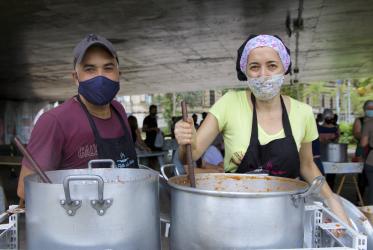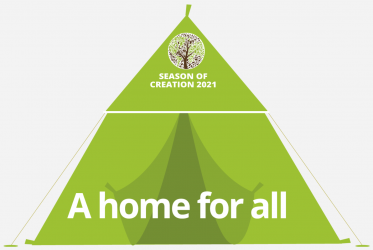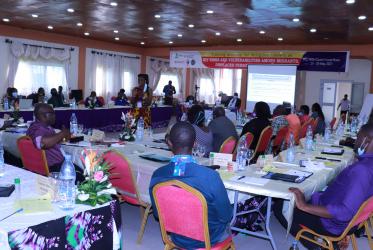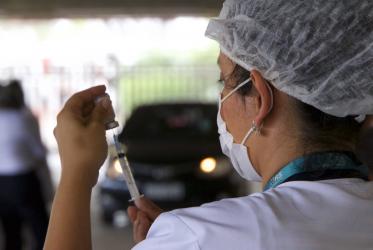Volume 3: Facilitating Dialogue to Build Koinonia
Faith and Order Paper No. 235
The study document “Churches and Moral Discernment: Facilitating Dialogue to Build Koinonia,” harvests the fruits of the study process on moral discernment which began in 2015. In its analysis, the document describes patterns in the complex negotiations between continuity and change as churches respond to moral challenges. At its core, the study document invites the churches to more deeply understand the significance of “the conscience of the church” in moral discernment processes and points to its ecumenical potential. The document offers a tool to analyse core elements in the conscience of the church that shape moral discernment.
15 June 2021
















